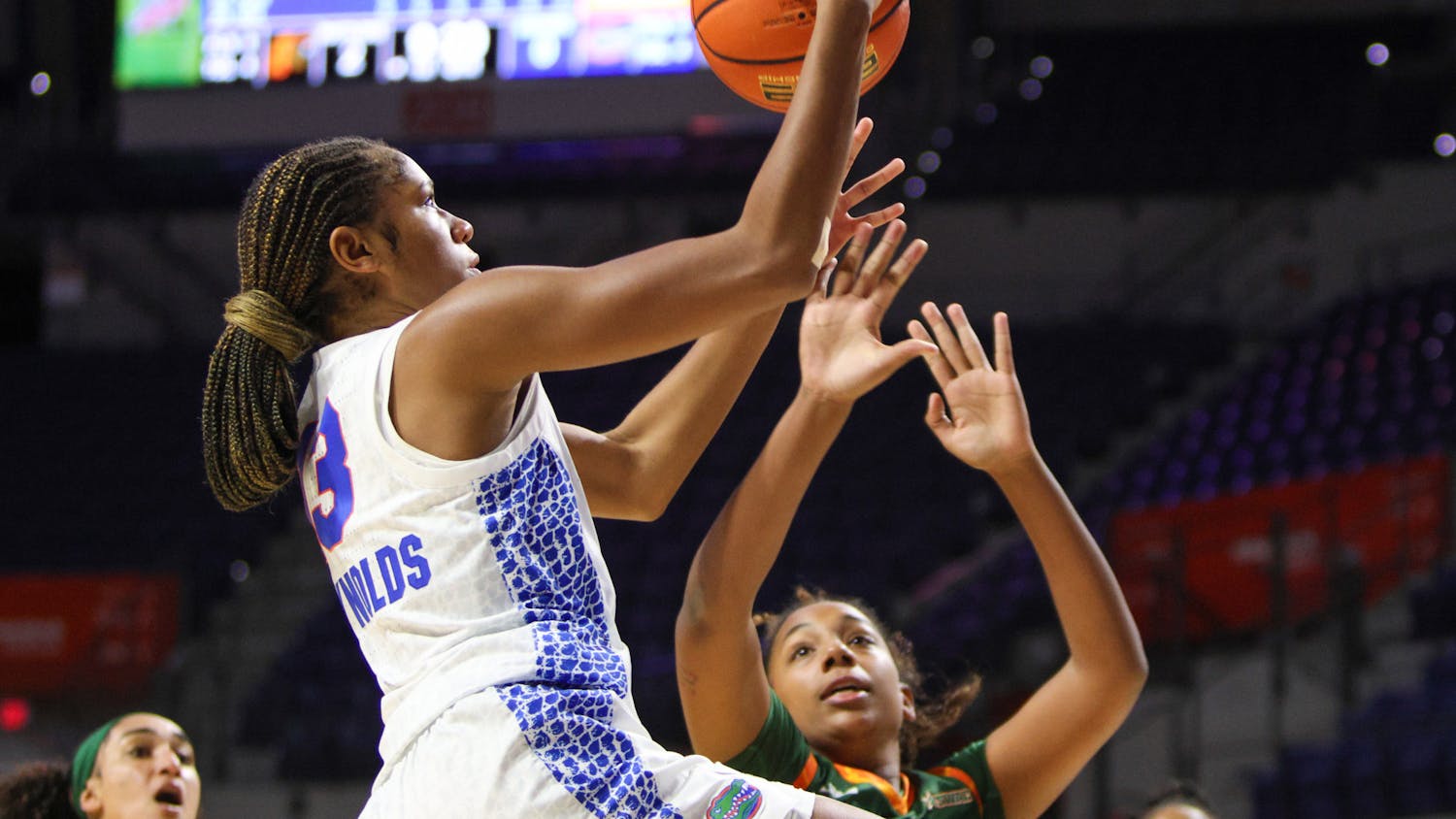Dr. Stephanie Ryan wants to break the stereotypes associated with LGBT patients.
The UF Health Shands Hospital pediatric physician is working to create a club within the UF College of Medicine called LGBT People in Medicine to provide supplemental learning on LGBT patient care.
“I’m a lesbian — and I’m fine being out — and I saw this as a need in the education of our medical students,” she said.
The Association of American Medical Colleges announced that doctors need to better serve their LGBT patients. With her club, Ryan said she hopes to train the next generation to accomplish this.
LB Hannahs, director of UF’s LGBT Affairs, keeps a list of doctors approved as LGBT-friendly and those deemed to be unfriendly toward students in the LGBT community. Hannahs said some doctors become uncomfortable treating these patients and often see them as suffering from psychological disorders.
“Historically, the medical community has treated LGBT as a disease,” Hannahs said. “There’s still a lot of apprehension and fear.”
Hannahs said medical students should be required to take specific classes to learn how to handle and treat LGBT patients.
However, LGBT studies is a part of the UF medical curriculum.
First-year medical students have a panel discussion that focuses on LGBT patients. Then during their second year, they learn about reproduction and hormones and then finally as third-year students, they attend a two-hour lecture on health care needs of LGBT individuals.
Ryan said students go through medical scenarios involving transgender patients. Students also have the option to take additional classes that go into more detail about care, such as family planning for same-sex couples, transgender medicine and elderly LGBT treatment.
“It’s a population that has some unique health care and needs ... it’s important for doctors to be aware of the needs to be able to treat them properly,” Ryan said.
Through LGBT People in Medicine, Ryan said she wants to foster a sense of community for LGBT medical students and to provide education on this patient population. She plans to have the club running by Spring.
Hannahs hopes to not have to carry around a list of approved doctors one day, but will keep the list handy for students until then.
“(Doctors need) to learn how to treat LGBT people as individuals,” Hannahs said.
[A version of this story ran on page 1 on 11/19/2014]





